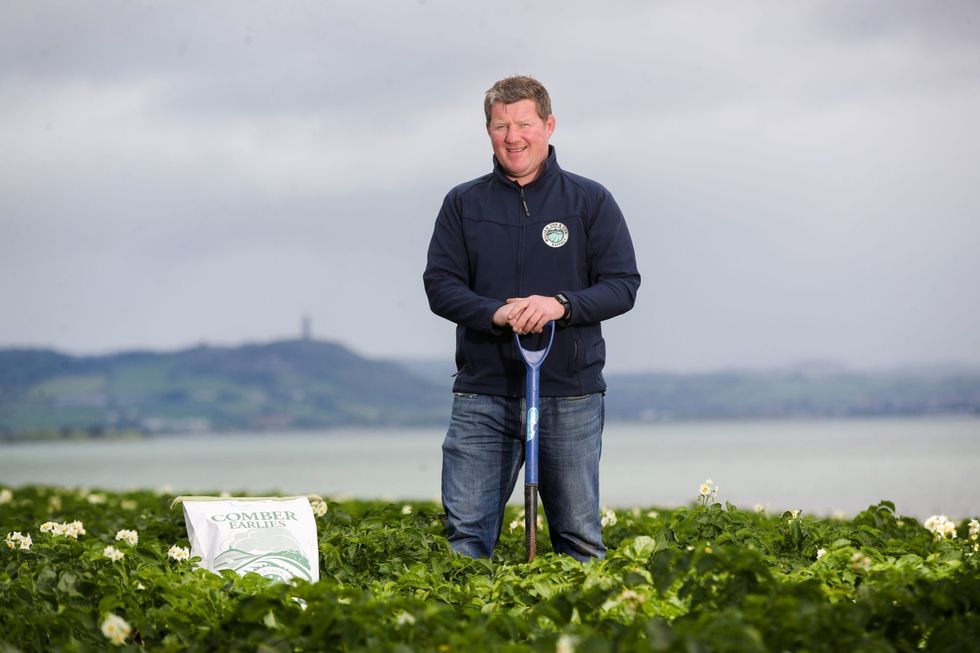One-fifth of small independent businesses feel new legislation Natasha’s law is coming too soon and is not giving them enough time window to adapt, said recent research, adding that four in 10 across the food industry claimed to have never heard of the new law- despite it set to come into effect on Oct 1, bringing with it a raft of regulations with which many businesses across the UK will need to be compliant.
Under Natasha's Law, the law on allergen labelling for pre-packed for direct sale (PPDS) foods will change, implying that any food business selling PPDS foods in England, Wales, Scotland and Northern Ireland will have to include full ingredients on the product label with allergenic ingredients emphasised within that list.
The changes come following the death of teenager Natasha Ednan-Laperouse from an allergic reaction caused by a prepacked baguette which, at the time, did not require allergen labelling, said media reports.
However, the food industry seems unprepared.
As per new research commissioned by GS1 UK- the global provider of interoperable standards covering 90 per cent of UK retailers, one-fifth of small independent businesses feel the new legislation is coming in too soon and does not leave enough time to adapt, as compared to just two per cent of food chains and franchises held this view.
Eight in 10 food business owners claimed they felt unprepared for the new food regulations, despite 90 per cent admitted to having received plenty of information about the new law, said the research, adding that there is a stark difference between the awareness level of small independent businesses and big franchises.
Only 48 per cent of employees in small independent businesses have heard of Natasha’s law as compared to the 79 per cent of employees from chains and franchisees who were aware, said the research.
The study- covering food manufacturers, wholesalers, grab and go retailers- found that 80 per cent of chains and franchises welcome more definitive and explanatory packaging whereas this figure was less than half amongst small independent businesses (39 per cent).

Covid-19 pandemic saw a boom of small, independent food businesses, with an estimated 44 per cent of all food businesses launched during lockdown being home-based. Often selling through social media, fears have arisen that many are not registering as food businesses meaning local authorities cannot check hygiene and food standards, stated reports.
The new regulation is expected to pose problems and challenges for businesses across the supply chain. The results show that 79 per cent of chain and franchise owners would change suppliers if current suppliers cannot provide the correct allergen information.
Henry Dimbleby MBE, author of the National Food Strategy, said that Natasha’s Law represents a "hugely positive, yet complex transformation for the food sector – one fraught with risk".
"It is worrying that the awareness of the changes is inconsistent, but not particularly surprising after everything the sector has had thrown at it over the last 18 months. It’s therefore fantastic to see a data solution that will help companies, particularly smaller companies, make the required changes while reducing both bureaucracy and the opportunities for error," Dimbleby said.
James Bielby, CEO of the Federation of Wholesale Distributors, said that GS1 UK’s research highlights that it is vital businesses have access to a supplier’s full set of product information, with the stats making it clear that businesses across the industry would switch suppliers if they cannot provide the correct allergen information.
"The FWD is working hard to bring the industry together to collaborate on how to best provide information to food business operators ahead of Natasha’s law," Bielby said.
Meanwhile, Anne Godfrey, CEO of GS1 UK said that 2D barcodes – like a QR code or DataMatrix – should be used on a product’s packaging, no matter what type of product it is as "these barcodes can hold significantly more information about a product and can also link to additional data sources which either a supplier or consumer can access through a quick scan".




















 EUROSPAR is giving away five family passes for the Belfast Giants end of season fixture on 5 April
EUROSPAR is giving away five family passes for the Belfast Giants end of season fixture on 5 April Richard Orr, from William Orr and Son. The farm has been a long-standing supplier of EUROSPAR
Richard Orr, from William Orr and Son. The farm has been a long-standing supplier of EUROSPAR